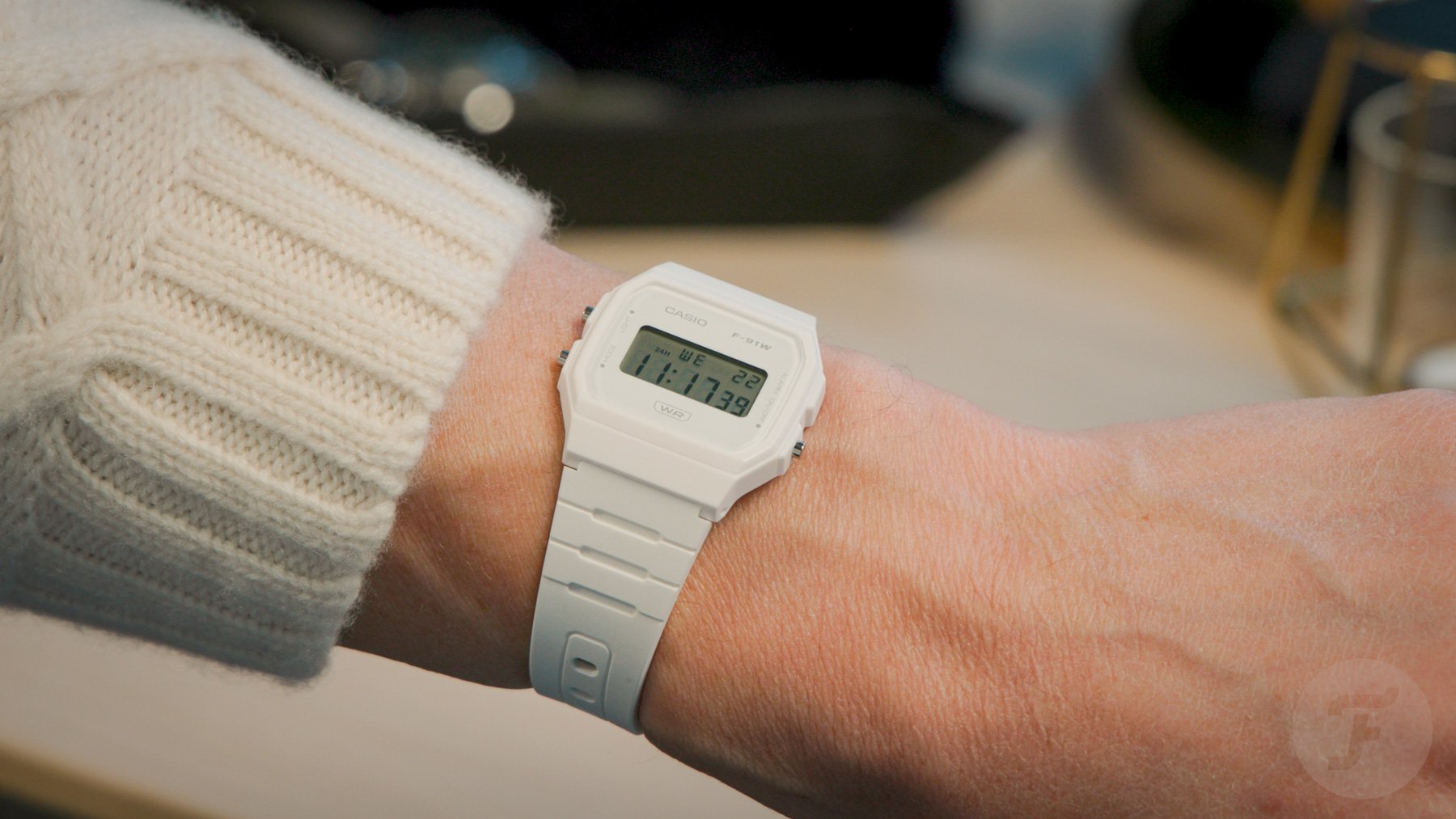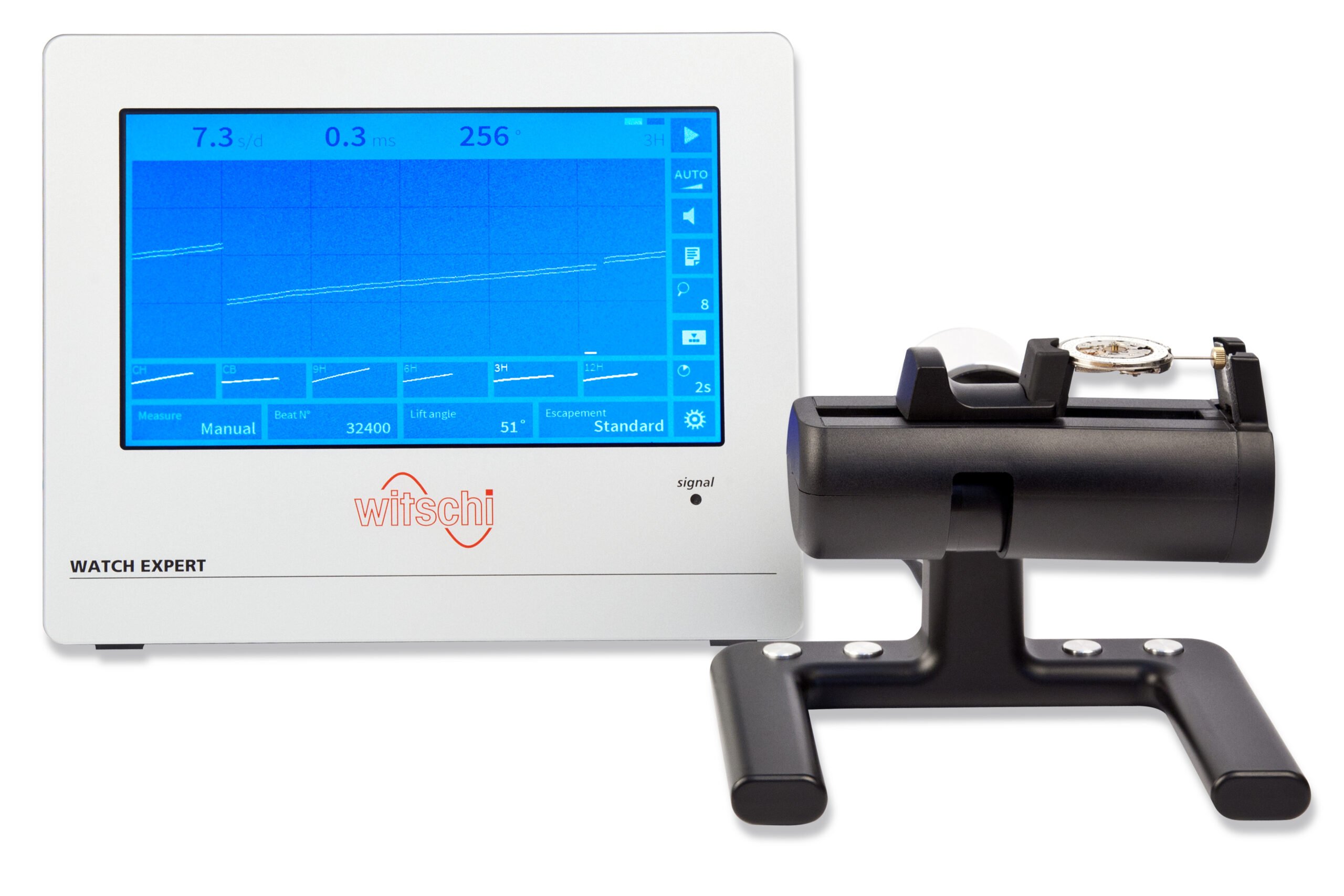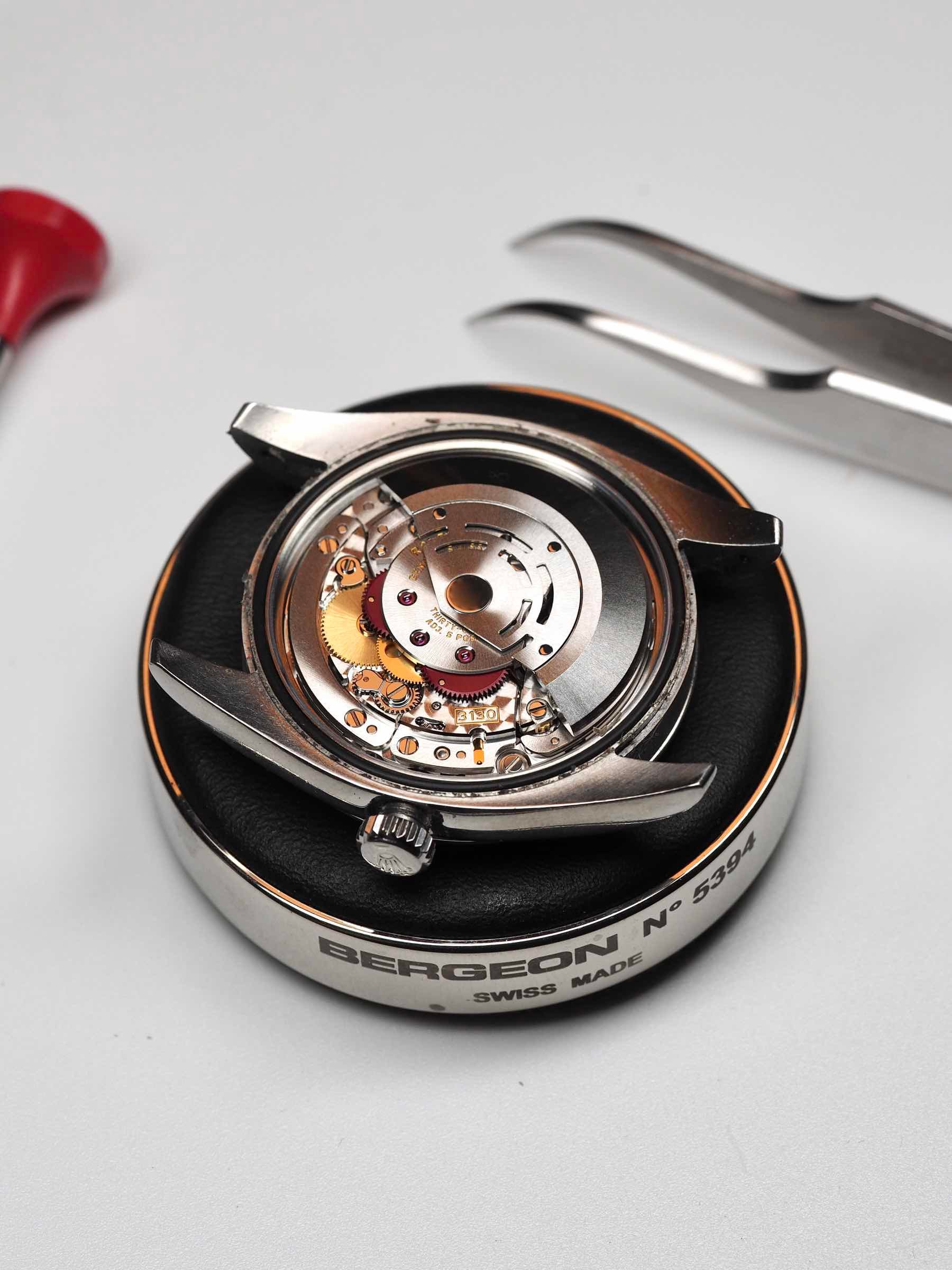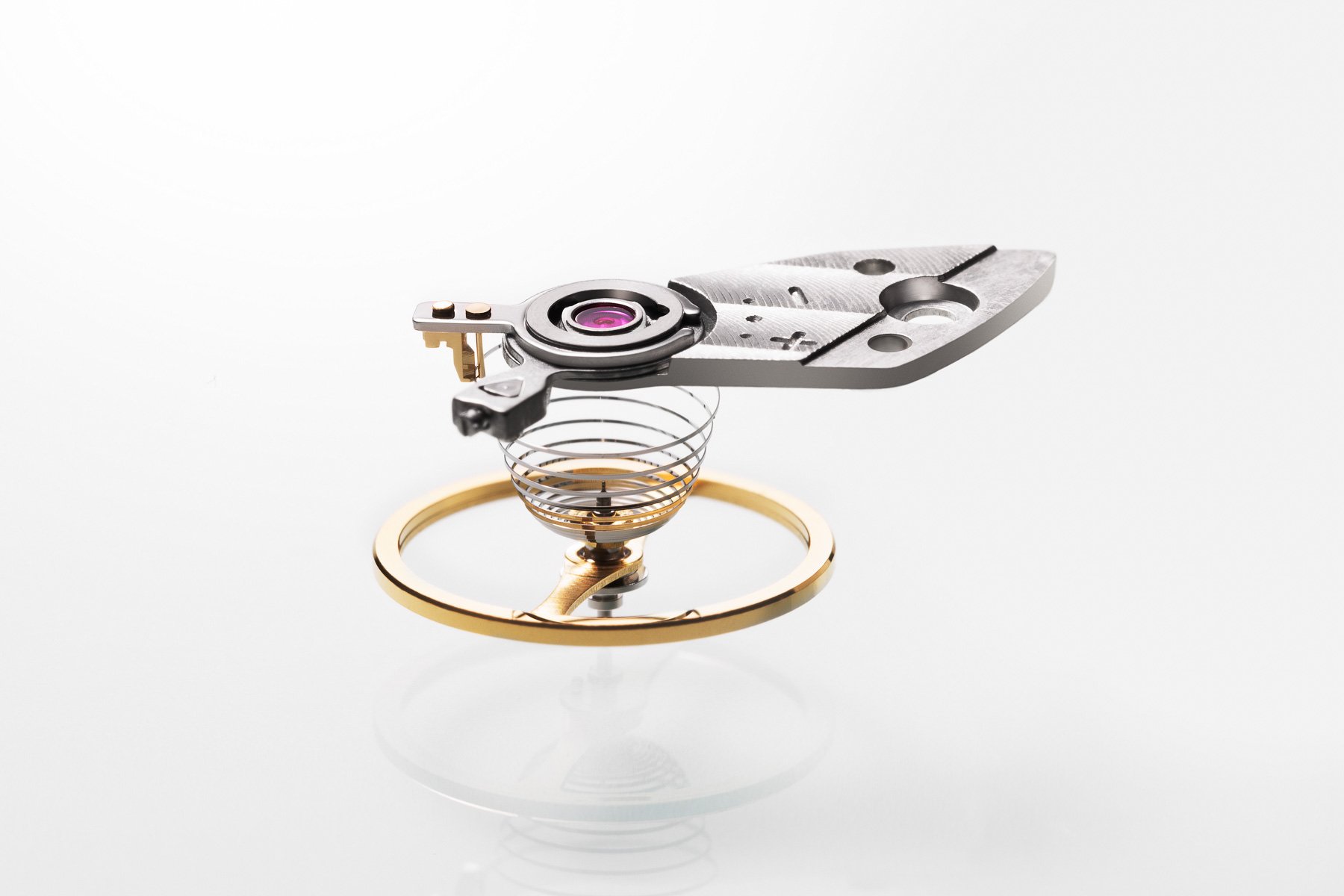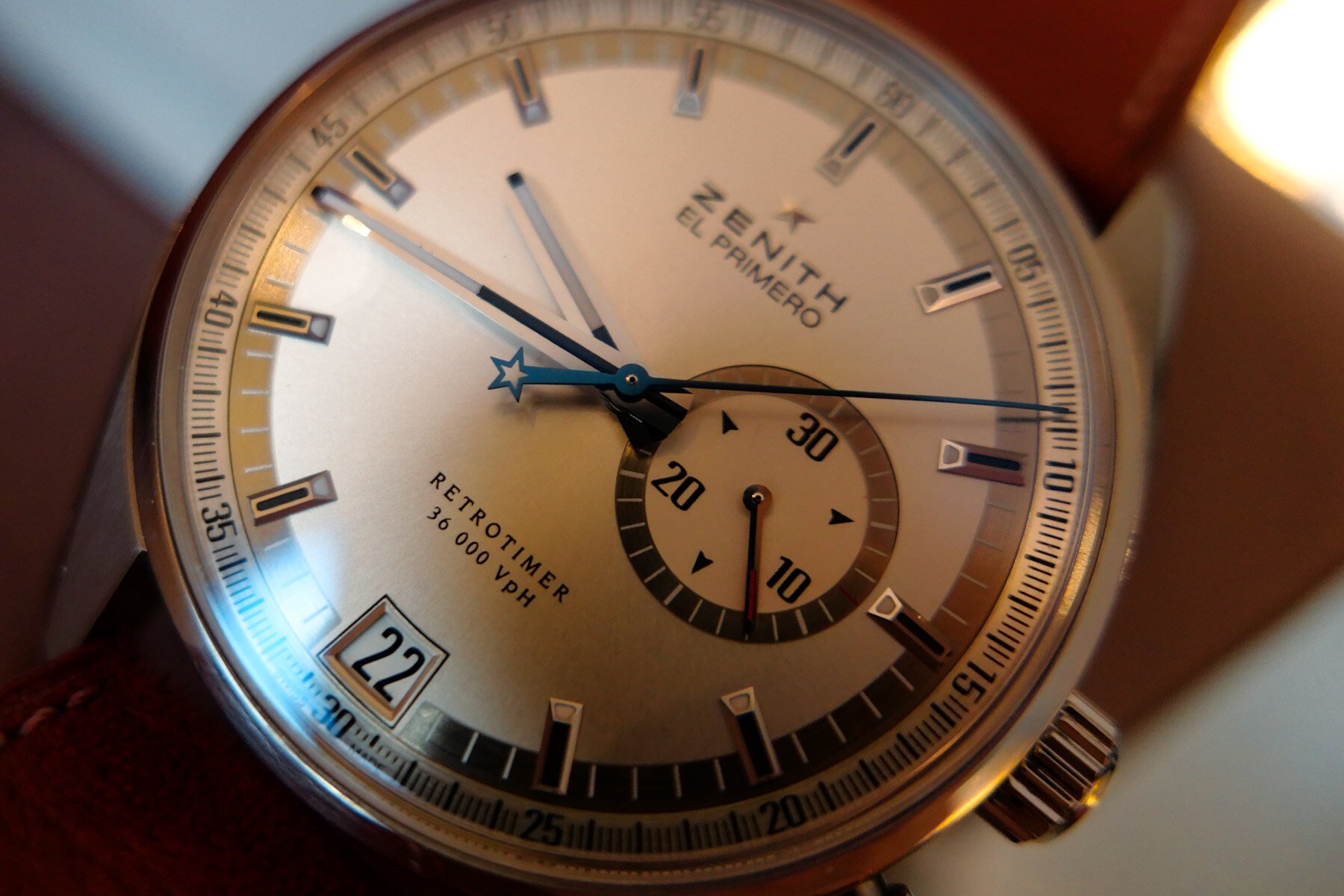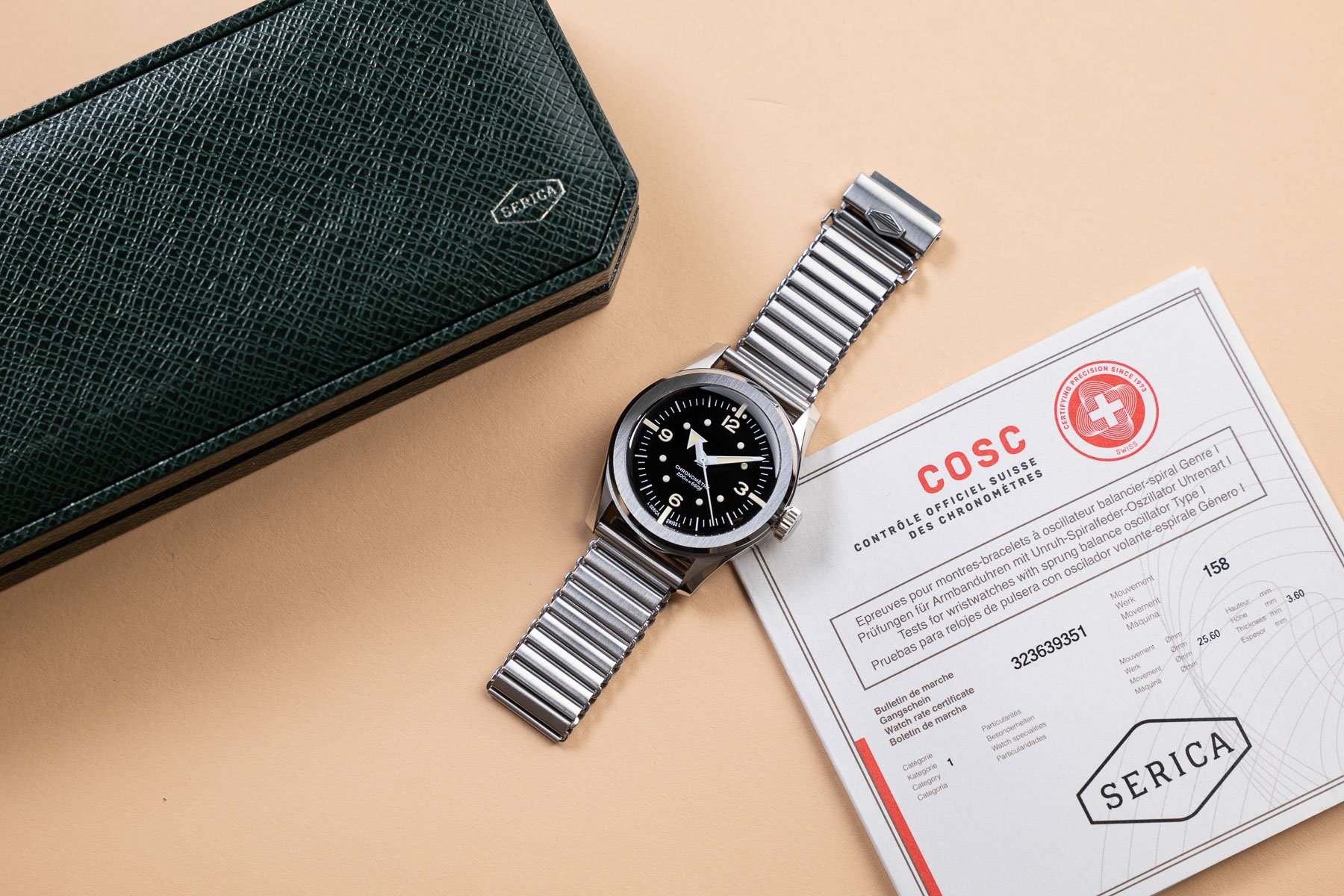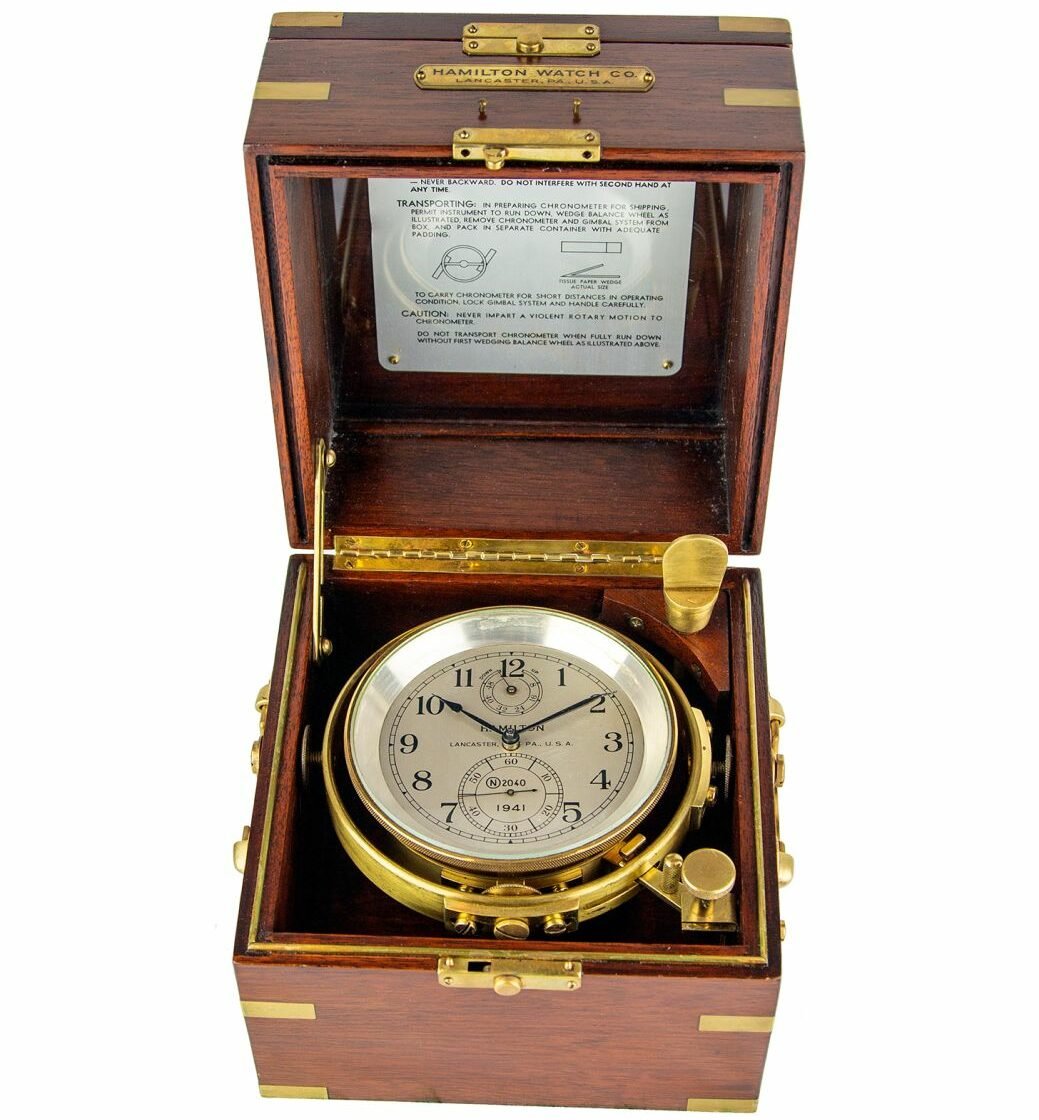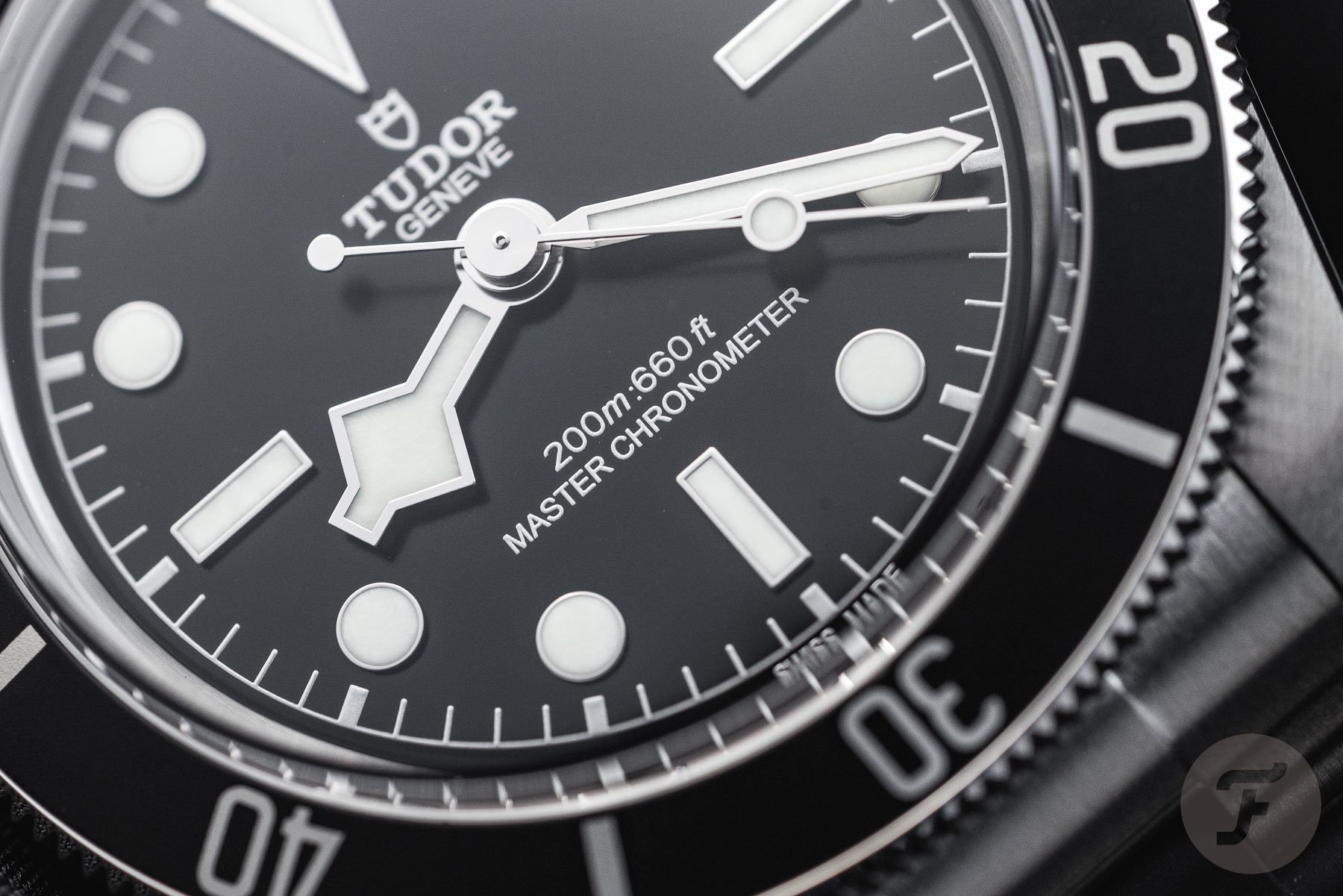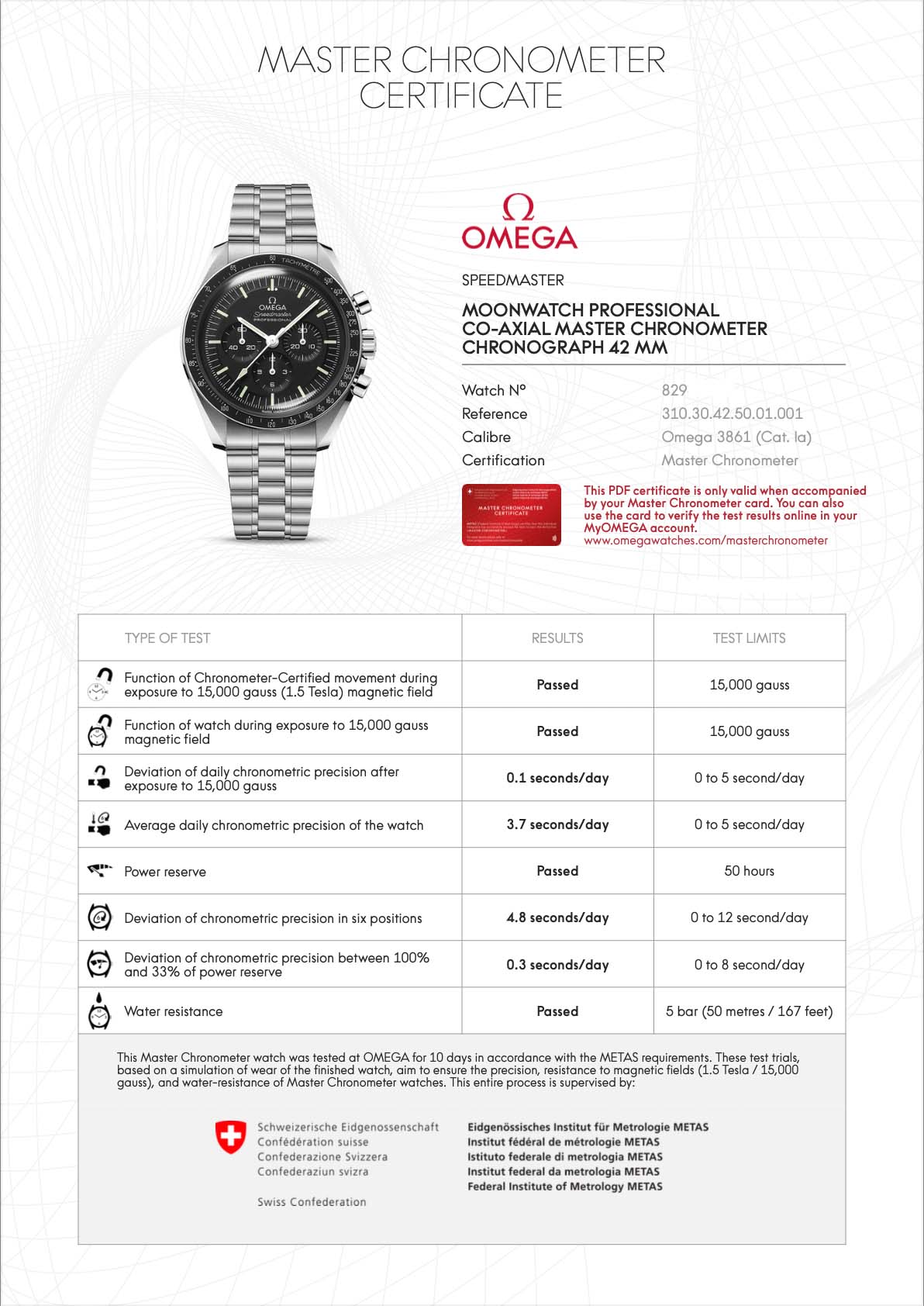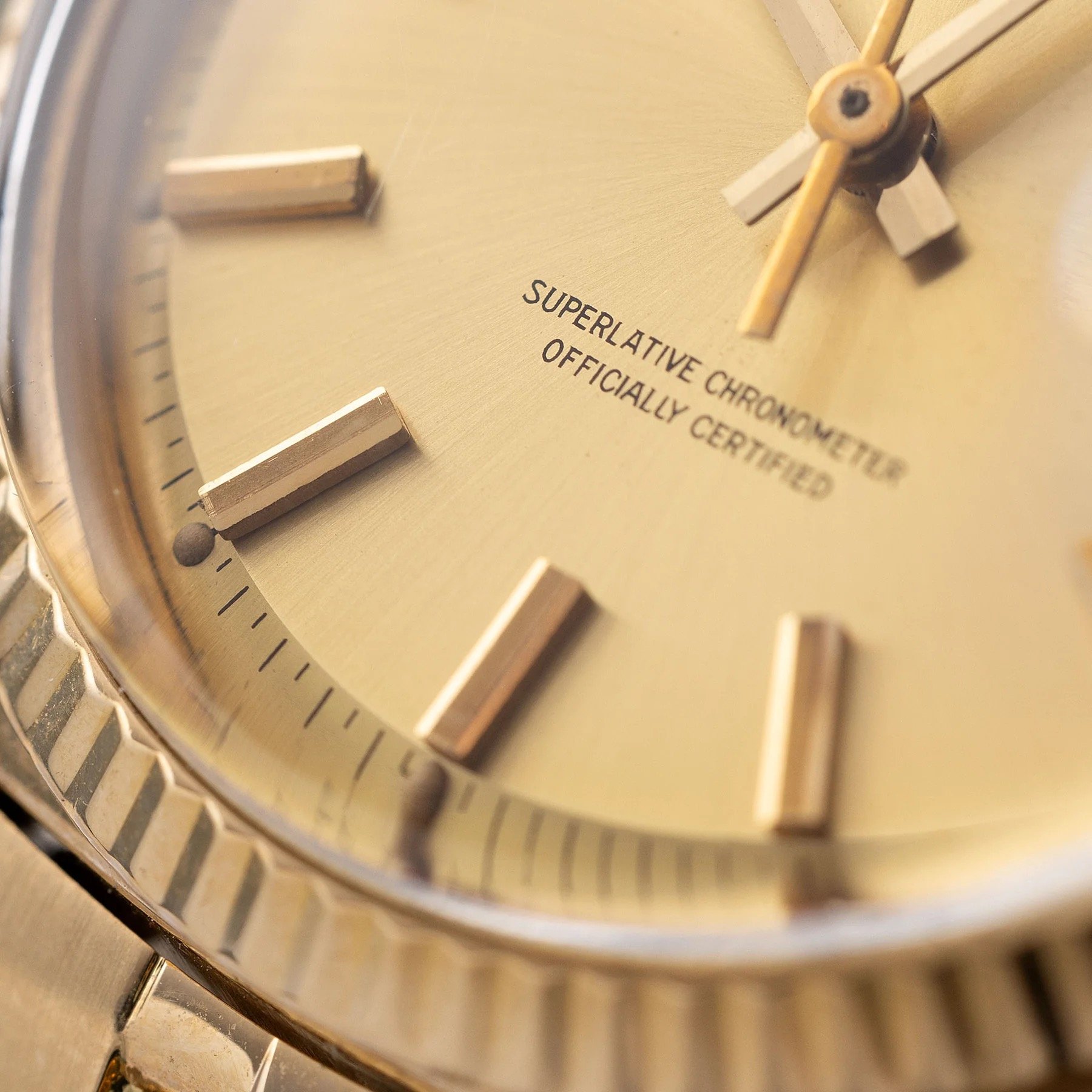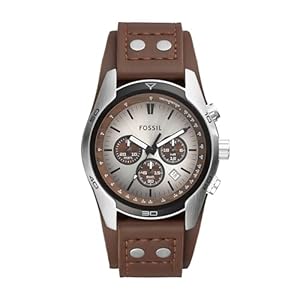We’re again with one other installment of Again to Fundamentals, our sequence aimed toward newcomers to our beautiful shared passion. This time, we discover the world of accuracy in luxurious mechanical wristwatches. So, in case you are contemplating shopping for your first “actual” watch, that is all you’ll want to find out about precision timekeeping and certification.
After all, our seasoned readers are nonetheless welcome to learn on and share their ideas within the feedback part under. Let’s attempt to make this web page as helpful as potential to budding watch fans collectively.
Why luxurious watches are much less correct than you might need anticipated
“These watches price €10,000, however they’re much less correct than your common €10 grocery store wristwatch!” Critics of the posh business like to dish up this argument, and it sounds compelling, doesn’t it? We’re all simply loopy, and we let the posh business pull a quick one at our expense.
Properly, not likely. Quartz and digital expertise allow timekeeping at a a lot higher degree of accuracy these days in comparison with mechanical timekeeping. Nonetheless, it’s like saying a handbook espresso machine is outdated now which you can have your espresso 15 occasions sooner with pods. Some individuals merely choose the extra aware, controllable strategy of dialing in a morning cup of espresso by hand. They’re most likely keen to pay much more for it as properly. You merely can’t cut back a product’s worth to its efficiency on a single metric with subjective relevance.
Mechanical wristwatches are a lot the identical. You sacrifice accuracy for the expertise of purely mechanical timekeeping. One of many advantages, as an example, is nearly infinite serviceability, turning your trusty watch into one thing lasting. This comes on the expense of bodily limitations. A mechanical wristwatch might be correct to round a second per day, in excessive instances. Most run inside 4 to twenty seconds per day, relying on a number of features we’ll get into later. Whereas this has barely any sensible implications for you, the wearer, everyday, it’s orders of magnitude much less exact than quartz and digital watches might be. This can be a trade-off. In addition to the romantic enchantment of a mechanical motion, you may argue that it’s extra dependable. In spite of everything, you’ll by no means be stunned by a lifeless battery that renders your watch ineffective.
A mechanical watch’s accuracy is fleeting
It’s good to appreciate {that a} mechanical watch’s accuracy is dynamic. For starters, it’s influenced by environmental elements, akin to temperature. The watch’s orientation additionally impacts its accuracy as gravity pulls on the steadiness from totally different angles.
Additionally, a mechanical watch motion is simply as correct as its regulation. The chronometric efficiency can often be adjusted in varied methods, which your watchmaker will do throughout a service. Over time, on account of put on, deterioration of lubricants, and potential accumulation of filth, the watch will change into much less correct. A shock, magnetic subject, or different outdoors affect, akin to a various local weather, can velocity up that course of.
In brief, a watch motion isn’t intrinsically correct. It merely has a possible for accuracy, which is to be realized by regulation, correct use, care, servicing, and a substantial amount of luck. Your watch could run at +3 seconds per day when freshly serviced however at -7 seconds per day a 12 months later.
What determines a watch’s potential accuracy
A number of technical features decide a watch’s potential for accuracy. I as soon as thought-about utilizing a contemporary model of the previous Peseux 7001 ultra-thin motion for my debut VPC watch. Nonetheless, I wished it to run inside COSC requirements (-4/+6 seconds per day — extra on that later). The motion has a really small steadiness wheel, and we discovered that its inertia prohibits it from being very precisely regulated. It couldn’t be executed reliably sufficient to constantly move the required assessments. Does that make it a lesser motion? Properly, solely on this one metric of potential accuracy.
Typically, actions with larger beat charges might be regulated extra exactly. It is because you’re technically monitoring time at a finer decision. So, is a better beat price higher? Properly, it relies upon. The draw back is that it shortens a watch’s energy reserve and will increase put on. That is why Swatch Group’s Powermatic 80 caliber has a lowered beat price. It sacrifices accuracy for an 80-hour energy reserve and fewer put on on the transferring components. It’s a matter of priorities.
Certifying a watch’s accuracy
Precision timekeeping grew to become considerably extra vital when individuals began crusing across the globe. A so-called “chronometer” was used for navigation. The extra correct your chronometer, the extra exactly you knew the place you had been going. Early marine chronometers had been saved in shockproof packing containers, and solely ships’ navigators had been allowed to function them. Think about forgetting to wind it; you’d immediately be misplaced at sea and condemned to celestial navigation.
From this want for accuracy got here the follow of chronometer certification. Watchmakers additionally used impartial certifying our bodies to battle one another on accuracy. Probably the most well-known might be Contrôle Officiel Suisse des Chronomètres, higher often called COSC. COSC assessments every motion for 15 days in 5 positions and at three temperatures. The common accuracy should run between -4 and +6 seconds per day. If a motion passes, it may be labeled a chronometer.
Some producers go even additional and add extra stringent assessments. That is why Rolex watches, with a day by day accuracy of ±2 seconds, learn “Superlative Chronometer” on the dial. METAS is one other testing physique with further assessments for even stricter efficiency certification. Merely put, chronometer certification is an added worth that comes at an additional price. Due to this fact, you’ll often discover it on dearer watches.
In abstract
There you may have it — the very fundamentals of mechanical wristwatch accuracy and certification. As you hopefully grasped, accuracy is one in all many specs that require cautious balancing. It’s also fleeting. Some watch manufacturers resolve to sacrifice accuracy for an extended energy reserve and/or lowered put on. Others prioritize accuracy over all else, striving for the best potential precision in timekeeping.
After all, a wristwatch’s major perform is to inform time. What use is a watch in case you can’t depend on it? Due to this fact, accuracy is a key efficiency issue, but it surely isn’t the ultimate phrase on a watch’s high quality. Whereas some producers prioritize it, going as far as to get exterior our bodies to certify their chronometric efficiency, others merely don’t. It’s important to notice that many non-chronometer actions might be regulated to inside chronometer specs. That’s to say that there is no such thing as a mechanical, intrinsic distinction between a extremely correct motion and a not-so-accurate various. On this sense, we should always at all times converse of a motion’s potential for accuracy, as that is what really varies between actions.
To what extent accuracy issues is private. Solely you may resolve what you want and wish by way of chronometric efficiency.
When you have another insights on accuracy and certification that you just suppose is likely to be helpful to newcomers to our shared passion, please share them within the feedback under!
Trending Merchandise

